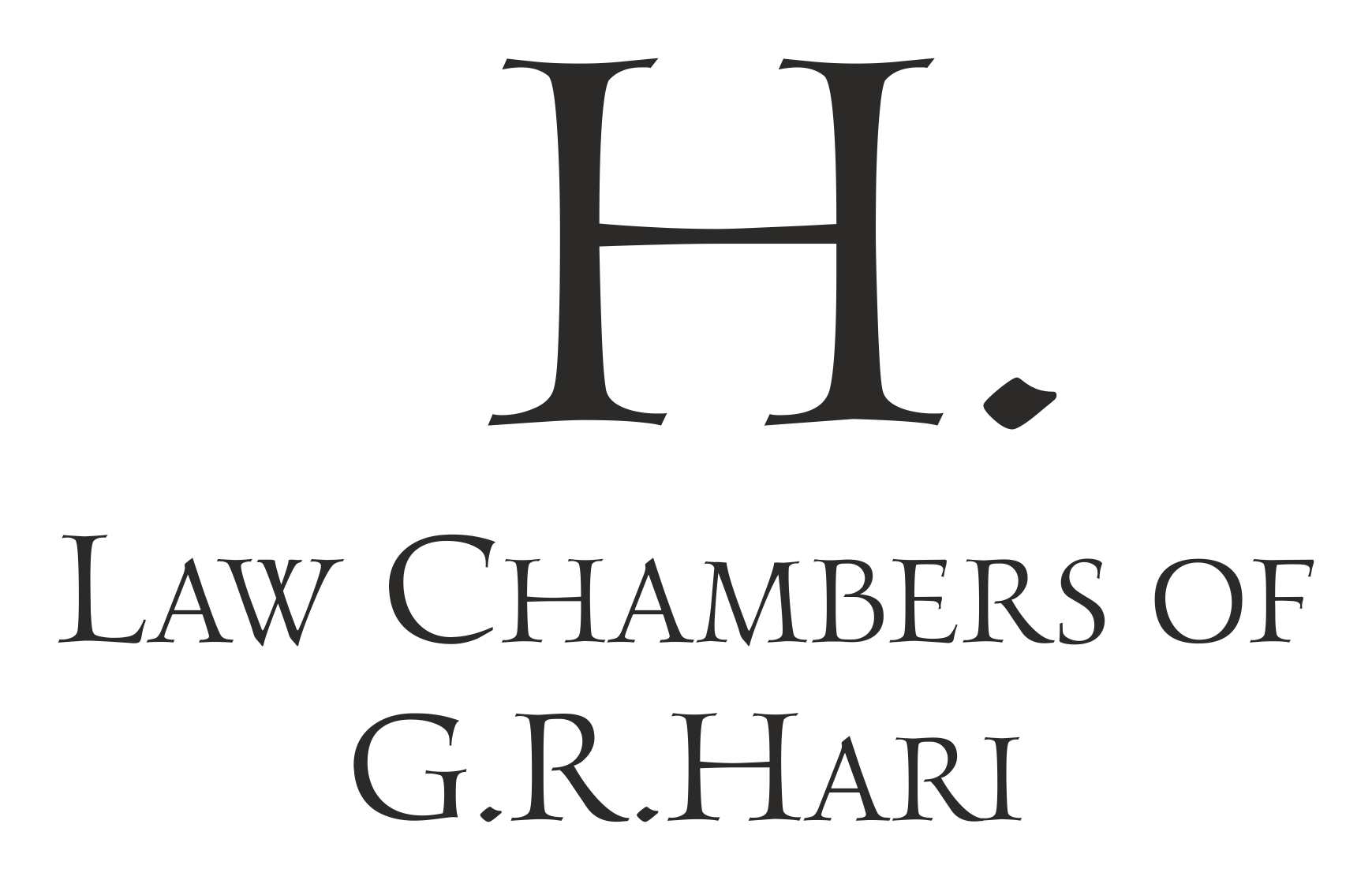Supreme Court modifies the punishment after concurrent finding of conviction by the Trial Court and Appellate Court taking into consideration the fact that the accused was a ‘victim of circumstances’. The punishment of 2 months altered to additional compensation of two months.
In a benevolent approach, the Supreme Court had taken a very liberal view with regard punishment in a cheque bouncing case, which could set a new path altogether. The brief fact of the case is that the accused had been convicted for a case of 138 Negotiable Instruments Act, 1881 and had was ordered to pay Rs. 6 lacs compensation to the complainant, Rs. 10,000 as fine and to undergo simple imprisonment for a period of 2 months. The accused’s appeal before the Session’s court was in vain and come to be dismissed. She moved for a revision before the High Court, which later came to be withdrawn.
Interestingly, after the above events, she moved the High Court under Section 482 Criminal Procedure Code, 1973 for assailing the orders of conviction and sentence. The Appellant had already paid the compensation and fine amount as ordered by the Trial Court. On dismissal of the Section 482 Criminal Procedure Code, 1973 for assailing the orders of conviction and sentence, she moved the Supreme Court.
The Supreme Court looked into the overall plight of the accused-appellant who was unable to come up with more funds, even though the Supreme Court mooted for the same. The Supreme Court had ordered the accused-appellant to deposit Rs. 5 Lakhs to the Supreme Court Registry, for which she later filed a modification stating she was unable to pay such a huge sum. It was pleaded by the accused-appellant that she was a victim of circumstances, she was only 24 years old, and was working as a teacher for a salary of Rs. 4,000. She also pleaded that her father was unwell and she was the sole breadwinner of the family. Further, she may lose her job if she undergoes 2 months imprisonment and her entire family would suffer.
The Supreme Court, on considering the facts and circumstances came to the conclusion that the concurrent finding of guilt and conviction cannot be interfered with. However, the Supreme Court decided to do away with the simple imprisonment of 2 months on payment of a further sum of Rs. 50,000 within 3 months, taking into consideration of the fact that the accused-appellant is the only earning member of the family and her income is very nominal to maintain herself and she may lose her employment if she undergoes the 2 months imprisonment. The most interesting element is that the decision was passed in the absence of the Respondent-complainant as the court considered that the decision was in their favour.
The same view has also been adopted by the Supreme Court by Justice A.M.Khanwilkar in P.Ramadas versus State of Kerala and another, (2018) 3 SCC 287.
Further development
This decision by Justice A.M.Khanwilkar opens up a lot of a meaningful discussion. This decision of Priyanka Nagpal v. State had been followed by the Himachal Pradesh High Court in Smt. Taro Devi Versus State Bank of Patiala decided on 27th May 2019. However, Bombay High Court failed to be appreciated in the facts that a similar view can be taken in the case of Rajendra Mahadeorao Chaudhary Vs. Gajanan Keshavrao Bore decided on 16th August 2019.
Cases Referred:
- Priyanka Nagpal v. State (NCT of Delhi), (2018) 3 SCC 249 : (2018) 2 SCC (Cri) 43 : (2018) 2 SCC (Civ) 355 : 2018 SCC OnLine SC 61 : (2018) 185 AIC 259 (SC) : 2018 Cri LJ 3661 : AIR 2018 SC 1172
- P.Ramadas versus State of Kerala and another, (2018) 3 SCC 287
- Smt. Taro Devi Versus State Bank of Patiala decided on 27th May 2019 by Himachal Pradesh High Court
- Rajendra Mahadeorao Chaudhary Vs. Gajanan Keshavrao Bore decided on 16th August 2019 by Bombay High Court

Leave a Reply